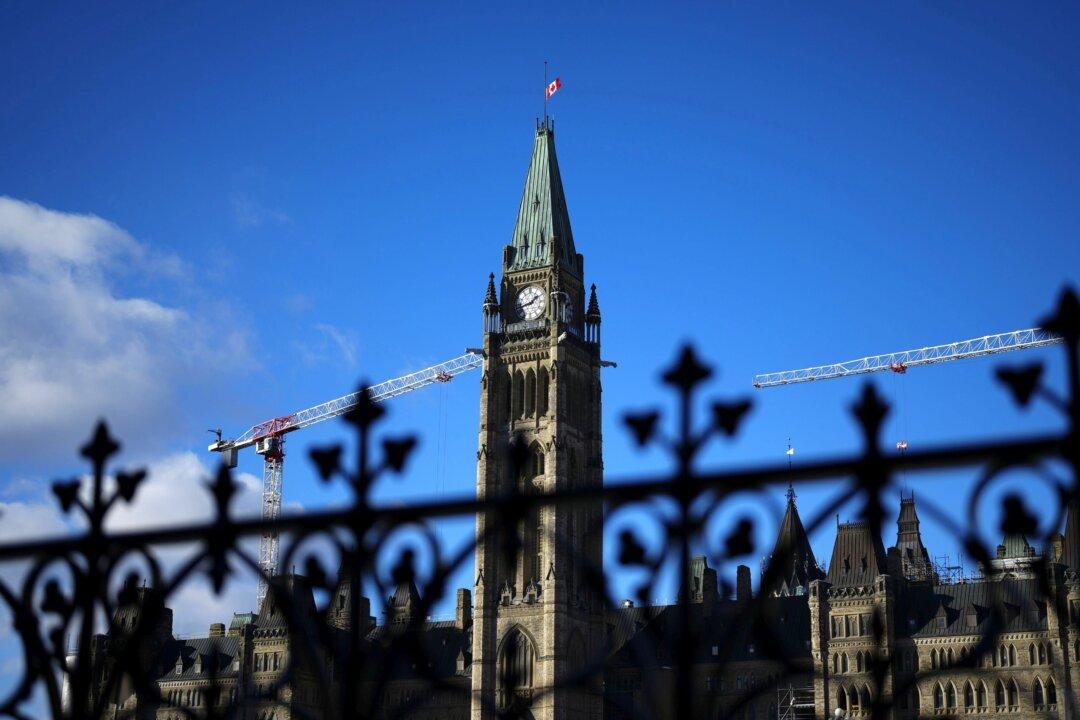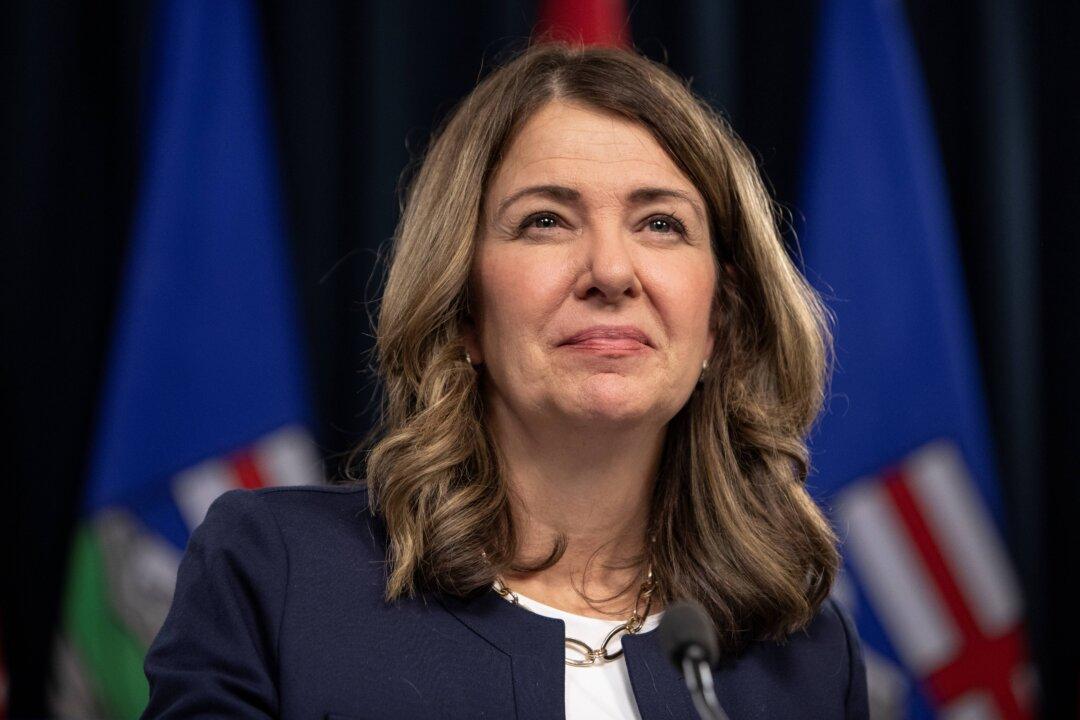The sudden resignation of Chrystia Freeland from cabinet and ensuing calls for Prime Minister Justin Trudeau to resign ensured that there was no quiet time in the House of Commons before Parliament rose for the holidays.
With all opposition parties saying they will vote non-confidence in the government, and open questions remaining about whether an early election may be called and who will lead the Liberals in the new year, 2025 could start off with a bang.





